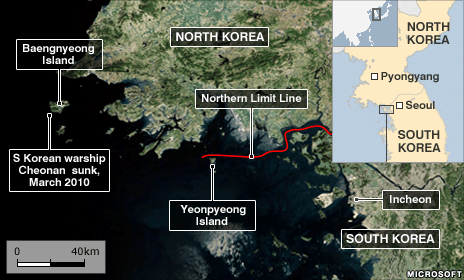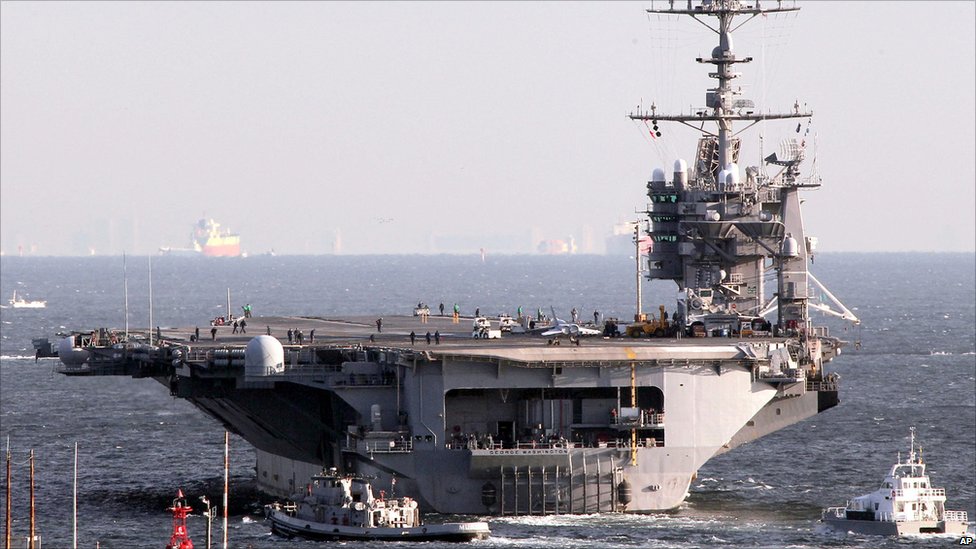Ngangasyonga
JF-Expert Member
- Sep 13, 2010
- 455
- 70
Kimsingi hawa north na South ni ndugu haswaa, kinacho wakoroga ni interest za USA kule south, baasi!!:bump:
hatuna section ya International issues?
Kufa kwa huyo mzee hakutamaliza matatizo, huyo aliyemuandaa kumrithisha ni balaa kama baba yake!Huyo Mzee wa North Korea mpaka aje afe atakuwa amezua balaa huko!.

wanatishiana tuu,pande zote cant afford this kind of war na Americans/chinese hawana hamu kabisa na vita ya aina hii,border za nchi hizo kuna wanajeshi zaidi ya millioni mbili waliotenganishwa kwa 8 miles tuu,atomic bombs,most dangerously chemical/biological weapons bila kusahau 50,000 american soldiers full equiped with their aircraft carrier nasikia juzi wametuma lingine...incase ikifumuka vita hapo nimesikia wanasema pyongyang will not last 15 seconds lakini Seoul nayo will cease to exist na America/Chinese will wipe their wealth in trillions of $$$,lakini incase North korea wakijaribu Chinese will finish them kabla hata US hawajajibu,hapa kuna interest kubwa sana ndio maana juzi baada ya hii news market zote kuanzia Shanghai,New york,London etc zilianguka kwa zaidi ya 100 points,Americans/Chinese will never allow these labda sijui iweje maana ikitokea wao ndio watakuwa losers na uchumi wa dunia utaanguka big time...North Korea wanajua hii game vizuri sana lakini itafika time itakuwa enough is enough.
 AP In this Wednesday Nov. 24, 2010 photo, the U.S. military aircraft carrier USS George Washington sets
AP In this Wednesday Nov. 24, 2010 photo, the U.S. military aircraft carrier USS George Washington sets
